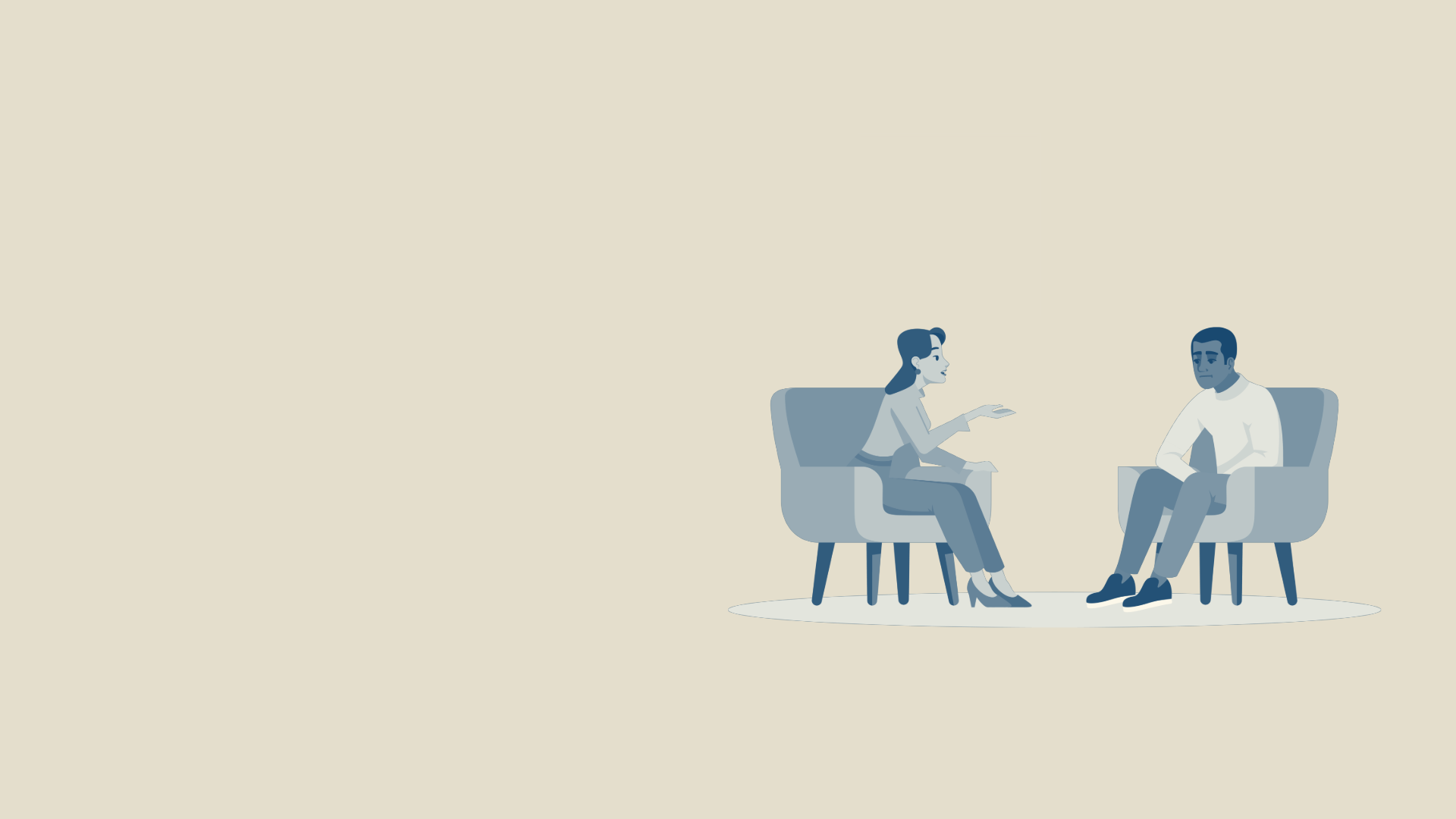
Fatigue is more than being tired; it’s a complex, often misunderstood condition that affects your body, mind, and emotions, and can sneak up on anyone, especially in demanding work environments. Bond University PhD candidate Graham Marvin breaks down the types of fatigue, the internal and external triggers, and how best to boost energy, improve sleep quality, and reset your body clock.
Fatigue is a state of overwhelming tiredness that doesn’t go away with rest. It can dull thinking, slow reflexes, weaken muscles, and even change emotional feelings. It doesn’t just reflect how long you’ve been awake; it’s about how your body and brain cope with stress, workload, sleep quality, and environment.
Fatigue becomes a serious issue in workplaces. It can lead to mistakes, injuries, burnout, and long-term health problems. Whether you're on night shifts, juggling high-pressure tasks, or constantly exposed to trauma, fatigue can build up silently and affect every part of your performance.
Understanding fatigue means recognising it is caused by a mix of physical, mental, emotional, and environmental factors.
The six types of fatigue
Occupational fatigue isn’t one-size-fits-all. There are six distinct types, which affect different parts of your body and mind:






Cognitive fatigue
Your brain feels foggy, and you struggle to focus, make decisions, or react quickly.
Physical fatigue
Your muscles feel weak, your balance is off, and even simple tasks feel hard.
Burnout
You feel emotionally drained, detached from your work, and feel like nothing you do matters. It builds up over time and hits hard.
Emotional fatigue (often called compassion fatigue)
You care deeply for others. Constant exposure to those dealing with trauma or distress can leave you feeling numb or cynical.
Visual fatigue
Your eyes ache, blur, or feel strained, especially after staring at screens for hours.
Vocal fatigue
Your voice feels strained or tired, especially if you talk a lot in noisy environments.
What causes fatigue?
Fatigue doesn’t just happen. There are a mix of internal and external factors that trigger it.
Intrinsic (inside your body)
- Sleep deprivation: Not getting enough sleep, whether from stress, shift work, or sleep disorders. It can affect mood, memory, and reaction time.
- Circadian rhythm: Your body has a natural clock. Working night shifts or irregular hours, or going to bed at inconsistent times, can throw it off, leading to poor sleep and fatigue.
- Sleep cycles: Deep sleep is crucial for brain recovery. Disruptions, like sleep apnoea, can leave you feeling groggy and unfocused.
- Sleep pressure: The longer you’re awake, the more your body craves sleep. Ignoring that need builds up “sleep debt,” which can feel like being drunk.
- Health issues: Post-traumatic stress disorder (PTSD), injuries, or self-medicating with alcohol or drugs can worsen fatigue and make recovery more complicated.
Extrinsic (outside your body)
- Workload: Too much work, long shifts, and insufficient rest lead to chronic fatigue.
- Shift work: Working odd hours increases the risk of accidents, injuries, and long-term health problems like heart disease or cancer.
- Environment: Noisy, hot, or uncomfortable workspaces, and even your home setup, can disrupt sleep and increase fatigue.
Fighting fatigue
Exercise might be the last thing on your mind when you're tired, but it’s one of the best ways to fight fatigue. Regular physical activity boosts your energy, improves sleep quality, and helps regulate your body’s internal clock, also known as your circadian rhythm. It reduces stress and improves mood, which are key players in emotional and cognitive fatigue.
Regular physical activity helps in several key ways, it:
- Boosts energy: Exercise improves blood flow and oxygen delivery, making you more awake and energised.
- Improves sleep quality: It helps you fall asleep faster and enjoy more profound, restorative sleep, mainly if your fatigue stems from poor sleep or shift work.
- Regulates your body clock: Physical activity helps reset your circadian rhythm, making it easier to stay alert during the day and wind down at night.
- Reduces stress and anxiety: Exercise triggers the release of feel-good chemicals like endorphins and serotonin, which help minimise emotional fatigue and improve mood.
- Enhances brain function: It sharpens focus, memory, and decision-making, key areas affected by cognitive fatigue.
- Builds physical resilience: Strength and endurance training can reduce the impact of physically demanding tasks, making you less prone to physical fatigue.
Getting started
Choosing exercise you enjoy is key to getting into a positive routine. Whether it is walking, swimming, dancing, yoga, or going to the gym, pick an activity that feels more like fun and less like a chore.
Then, aim for consistency over intensity. Even 20 to 30 minutes a few times a week can make a big difference. And time your exercise right, by avoiding vigorous workouts right before bed, as they can interfere with sleep.

Staying on track
Fatigue changes how we interact with the world by affecting our thinking, movement, feelings, sight, and speech. Recognising its different forms and causes is vital for recovery, and long-term health. In workplaces with high demands and irregular hours, fatigue is more than a personal issue; it’s a systemic challenge.
The most effective way to fight fatigue is through exercise, which helps with both recovery and prevention.
Published on Wednesday, 22 October, 2025.
Original thinking direct to your inbox

Stories from Bond